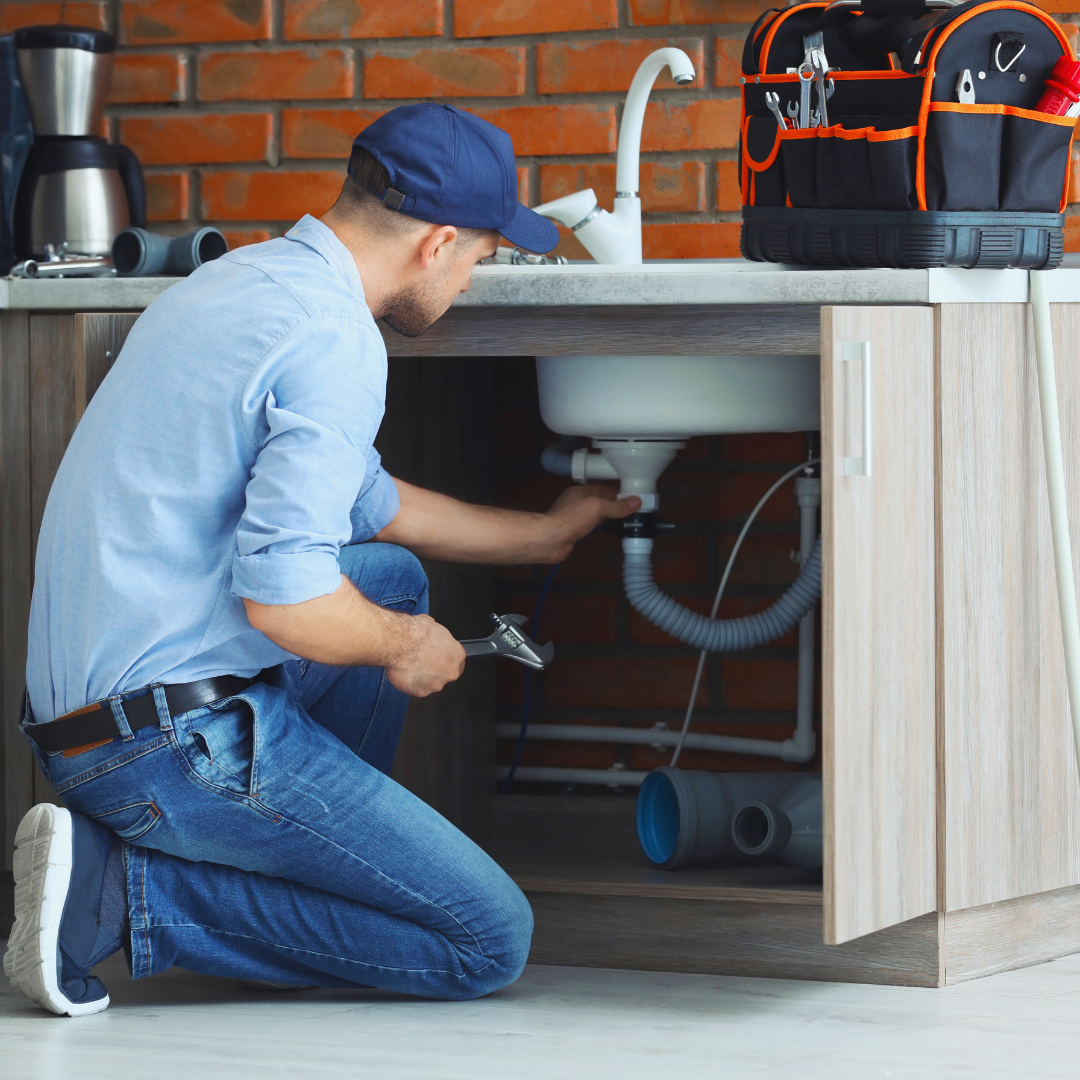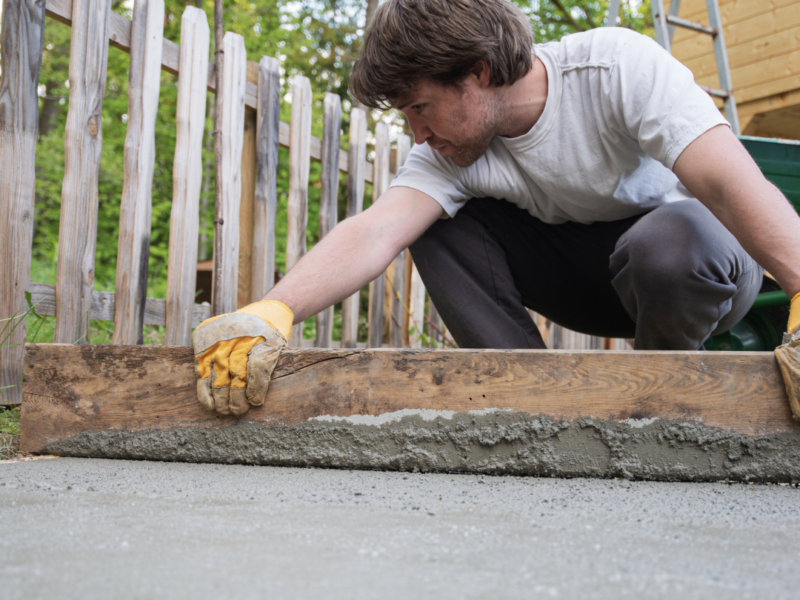Choosing the right plumber can seem daunting, but it doesn’t have to be. With the right approach, individuals can find a skilled professional who meets their needs and expectations. The key factors include checking qualifications, reading reviews, and securing cost estimates upfront.
Research is crucial. Readers should start by evaluating potential plumbers’ credentials, including licenses and insurance. Positive testimonials from previous customers can also provide valuable insights into the plumber’s reliability and quality of work.
Once a shortlist has been created, cost becomes another significant consideration. Requesting a detailed estimate from the provider not only helps clarify expected expenses but also reveals transparency in the plumber’s pricing structure. Thereby combining thorough research with thoughtful cost evaluation, individuals can select the Best Plumber, reduce stress, and ensure effective, long-lasting plumbing solutions.
Understanding Plumbing Needs
Identifying specific plumbing needs is essential before hiring a plumber. This includes understanding the range of services they offer as well as recognizing common plumbing issues that may arise in a home.
Overview of Plumbing Services
Plumbing encompasses various services that address different aspects of a plumbing system. These can include:
- Installation: Setting up new fixtures, pipes, or entire plumbing systems.
- Repair: Fixing leaks, clogs, or broken fixtures.
- Maintenance: Regular check-ups and preventive measures to ensure optimal function.
Each plumber may specialize in certain areas, such as residential or commercial plumbing. Knowing the specific services required helps in selecting the right professional for the job. It is vital to ask about licenses, insurance, and warranties offered, as these factors contribute to quality service and customer protection.
Common Plumbing Issues
Homeowners often encounter several typical plumbing issues. Recognizing these can aid in effective communication with a plumber. Some frequent problems include:
- Leaky faucets: Can be caused by worn-out washers or seals.
- Clogged drains: Often due to hair, grease, or foreign objects.
- Running toilets: Typically a result of faulty flappers or fill valves.
Understanding these issues can expedite repairs and maintenance. Homeowners should prioritize clear communication of symptoms to ensure efficient service. A detailed description of the problem can help plumbers diagnose issues promptly and suggest appropriate solutions.
Selecting a Professional Plumber
Choosing the right plumber involves assessing their experience, certifications, and insurance coverage. These factors ensure quality service and peace of mind for the homeowner.
Experience and Expertise
Experience plays a crucial role in plumbing, making it essential to choose reputable Plumbers columbia sc (or elsewhere) with several years in the field. Experienced professionals have typically handled a wide range of issues, including installations, repairs, and emergencies.
It’s also important to look for plumbers who specialize in the type of work needed, such as residential or commercial plumbing. For example, a plumber experienced in trenchless technology may suit certain projects better than one who focuses solely on traditional methods.
Additionally, customer reviews and referrals can provide insight into a plumber’s expertise. A professional with a strong track record of successful projects tends to bring valuable problem-solving skills.
Certifications and Licensing
Licensing is a legal requirement in many areas. A licensed Plumber glendora (or in another location) has demonstrated knowledge of, and compliance with, local plumbing codes. Licenses can typically be verified through local regulatory bodies.
Additionally, certifications from recognized organizations indicate advanced knowledge. Certifications, such as those awarded by the National Institute for Certification in Engineering Technologies (NICET) or the Plumbing-Heating-Cooling Contractors Association (PHCC), show commitment to the profession.
Therefore, when selecting a plumber, ask for proof of their credentials. Ensure they stay current with ongoing education, which reflects their dedication to best practices.
Insurance and Guarantee
Insurance is vital when hiring a plumber. It protects both the plumber and the homeowner from potential liabilities. A good plumber should provide proof of general liability insurance and workers’ compensation.
Inquiring about warranties for the work completed is equally important. A solid guarantee assures the homeowner of the quality of the job. This can last anywhere from a few months to several years, depending on the company’s policies.
Before finalizing a plumber, request documentation of insurance and guarantees. This step can safeguard against unexpected costs arising from leaks or faulty installations.
Assessing Reliability and Professionalism
Evaluating a plumber’s reliability and professionalism is essential for making an informed hiring decision. This involves seeking out concrete evidence of their past work and their approach to customer satisfaction.
References and Testimonials
Asking for references from a plumber helps gauge their reliability. A trustworthy professional should readily provide contacts from previous clients who can attest to their workmanship.
Testimonial letters are also valuable; they offer insight into the plumber’s ability to meet deadlines and maintain quality. Homeowners should look for specific details in testimonials, such as how the plumber handled issues that arose during the project.
Contacting references directly allows one to ask targeted questions about experience, punctuality, and customer service.
Online Reviews and Data
Online reviews serve as a modern tool for assessing a plumber’s reputation. Platforms like Google, Yelp, and Angie’s List compile user experiences that reveal patterns in reliability and professionalism.
Look for consistency in reviews—numerous positive ratings suggest a dependable service. Pay attention to any recurring negative comments, as they can highlight potential red flags.
Data such as the plumber’s response rate and time to complete jobs can be found on these review sites. This information helps narrow down choices and find reliable local professionals.
Availability and Local Options
A reliable plumber is often one who is readily available. Clients need to determine their local plumber’s scheduling flexibility before committing.
Inquire about their typical response times and their willingness to handle emergencies. A plumber who prioritizes availability signals their commitment to customer care. By hiring a Plumber Footscray (or elsewhere) who can respond quickly, homeowners can make sure that urgent issues such as leaks or blockages are addressed before they escalate into major problems.
On top of that, choosing a local option benefits homeowners by reducing travel time and costs. Local plumbers tend to understand the community’s specific needs and building codes, which contributes to their professionalism.
Cost Considerations
When selecting a plumber, understanding cost factors is crucial. Pricing can vary widely based on the services required, the plumber’s experience, and location. Below are important aspects to consider regarding costs.
Comparing Plumbing Service Costs
Prices for plumbing services can differ significantly. Standard rates may range from $45 to $200 per hour, influenced by the complexity of the job.
| Service Type | Average Cost Range |
| Emergency Repairs | $200 – $500 |
| Routine Maintenance | $75 – $150 |
| Larger Installations | $1,000 – $5,000+ |
It’s essential to request quotes from multiple plumbers to get a clearer understanding of market rates. This helps in making informed decisions to avoid overpaying.
Understanding Pricing Structures
Plumbing pricing structures can take various forms. Some plumbers charge a flat rate for specific services while others bill hourly.
- Flat Rate: This is based on a specific job rather than time taken. It’s often preferred for clarity.
- Hourly Rate: This compensates based on the actual time spent, which can be beneficial for smaller or less predictable tasks.
Additionally, consider potential extra fees, such as travel charges or material costs. Transparency about these fees is vital when discussing upfront pricing.



